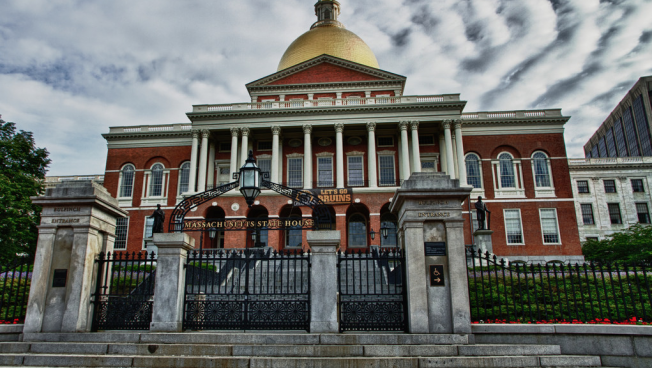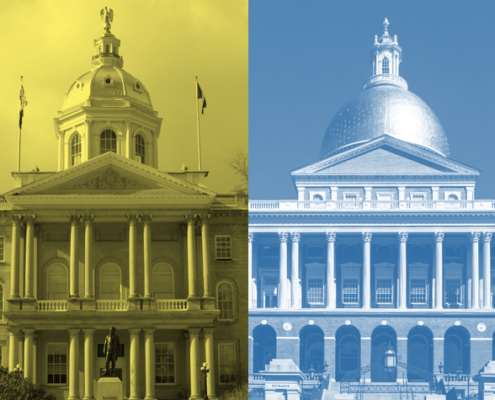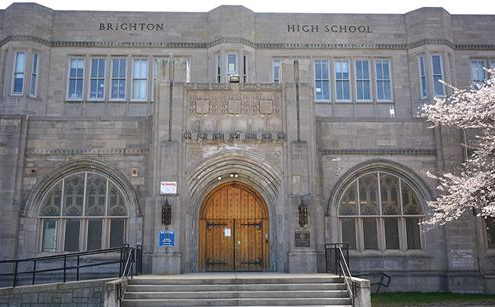Op-ed: Justification For 40% Legislative Leadership Raises Is Political Voodoo
When doing the people’s will is secondary to legislators’ self-interest, how strong is our democracy? The state Legislature is on the verge of overriding the Governor’s veto of legislation that includes sizable pay raises for state and legislative leaders. Their actions on this front will answer the democracy question.
Since legislators can’t raise their base pay, the hikes are limited to leadership positions in the form of increased legislative stipends. Base pay increases are formulaic and tied to the state’s median household income.
The Boston Globe reported on several questionable aspects of the bill. It contains an “emergency preamble,” which means the raises would take effect immediately. The legislation also includes pay hikes for the judiciary, which, due to a clause in the state Constitution, makes it challenging at best to reverse via initiative petition. And because committee chairs and other leadership positions have not yet been officially selected, legislators don’t need to worry about violating conflict of interest laws for voting on their own financial interests.
In short, this was done swiftly and slickly, without public input and leaving members of the public with little recourse. Read more on WGBH News…
Get Connected!
Pioneer in the News:
The Boston Globe: 16 Mass. state workers made $100,000 or more in overtime pay last year
The Boston Globe: Mass. reduced state payroll for the first time in years
Boston Herald: Anthony and Haller: State insurer using market clout to curb health costs
Related Blog Posts:





















